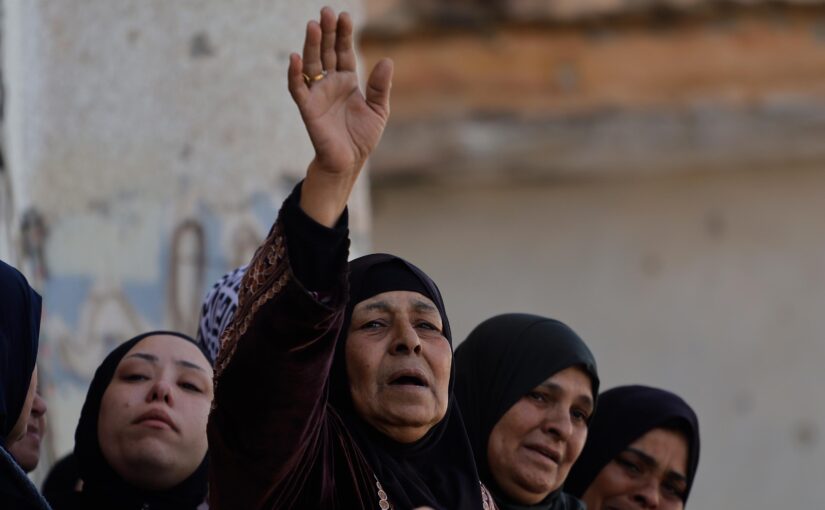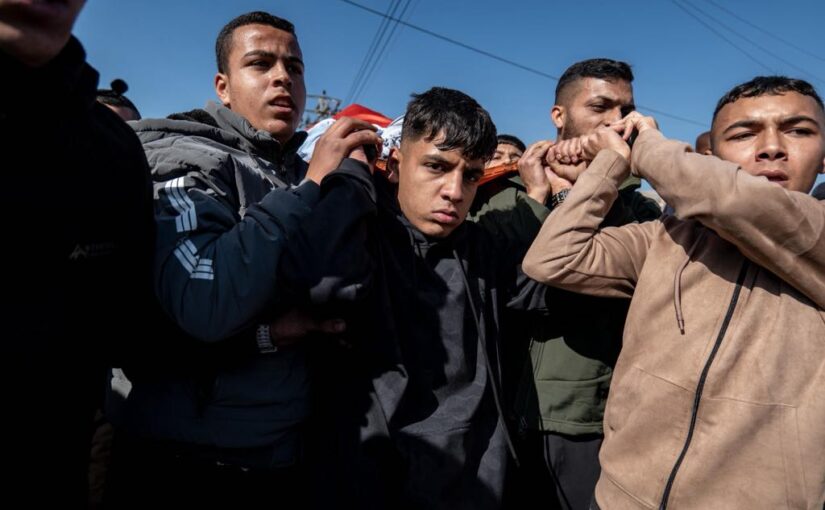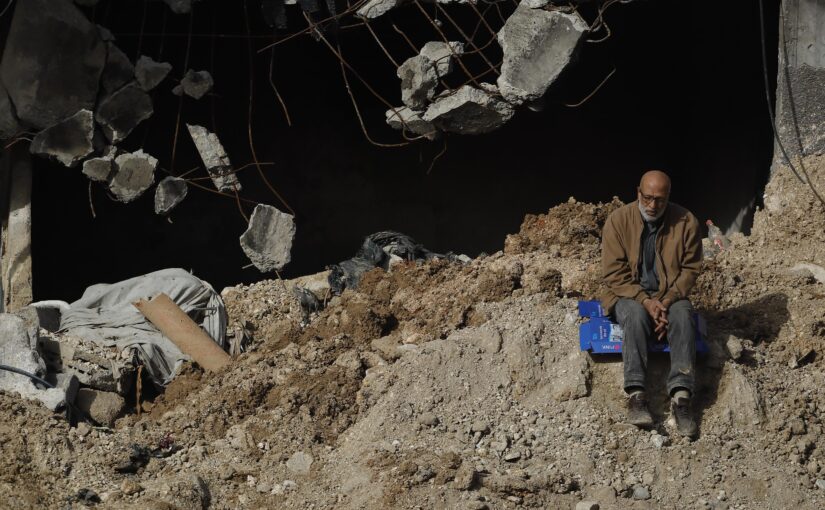Tag: Israeli Army
-
Twelve martyrs in Jenin camp in less than 20 hours
Jenin — West Bank – By Diana Khwaelid The Israeli occupation forces are seriously escalating in the West Bank, in particular in its Northern regions. In the Jenin camp, an Israeli aerial bombardment targeted six Palestinians including three brothers, and a child no older than 15. On the evening of Tuesday, January 14th, an Israeli…
-
Israel Targets Palestinian Youth in the West Bank
Nablus – West Bank By: Diana Khwaelid What will happen to the next generation of youth if Israel continues to target and kill Palestinian children? The Palestinian people are enduring a difficult period, one that mirrors the challenges faced during the First and Second Intifadas, perhaps even more so. This struggle has only intensified since…
-
Nine martyrs in Tulkarem: who will hold Israel accountable?
Israel has committed war crimes in Gaza, in the West Bank, in Syria, and in Lebanon. Who will hold them accountable for their crimes? By Diana Khwaelid | December 27, 2024 | Tulkarem, West Bank Nine Palestinian were martyred last week in Tulkarem and neighbouring cities during an Israeli military operation in refugee camps in…



